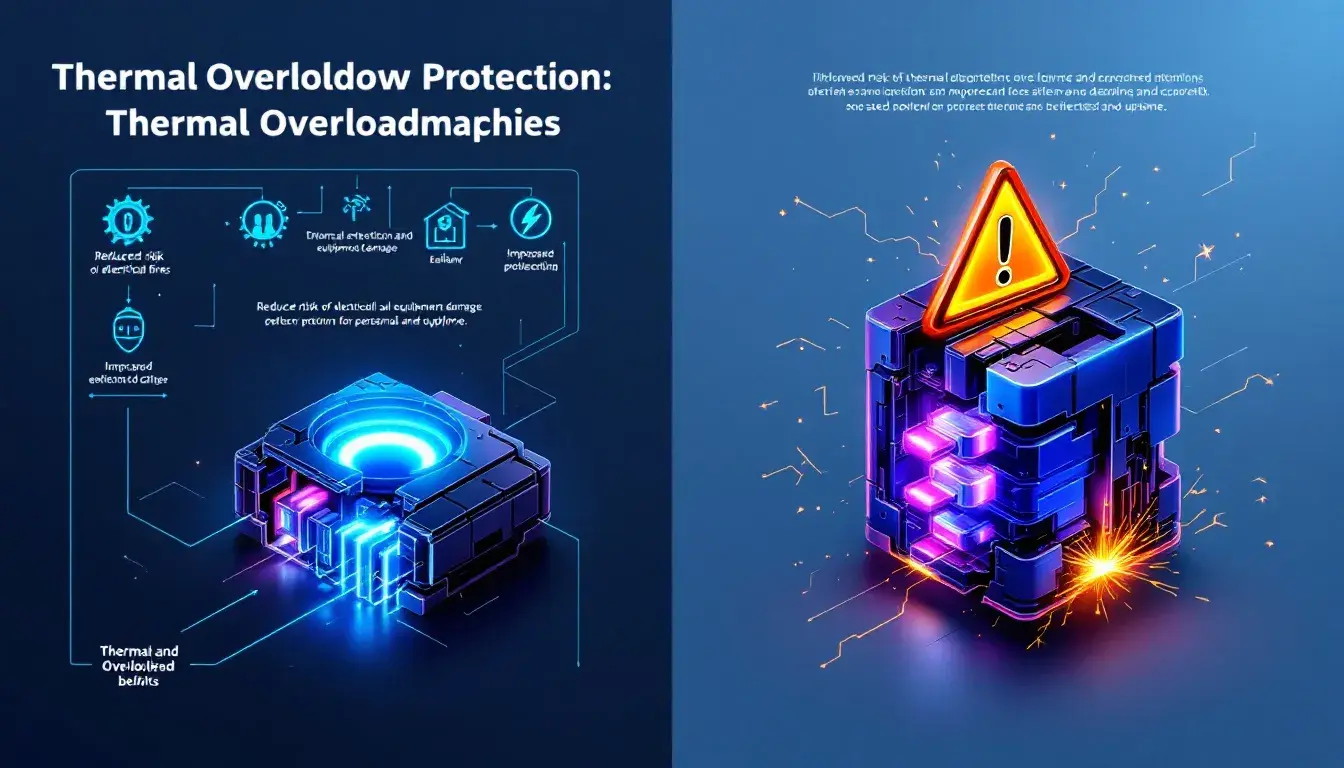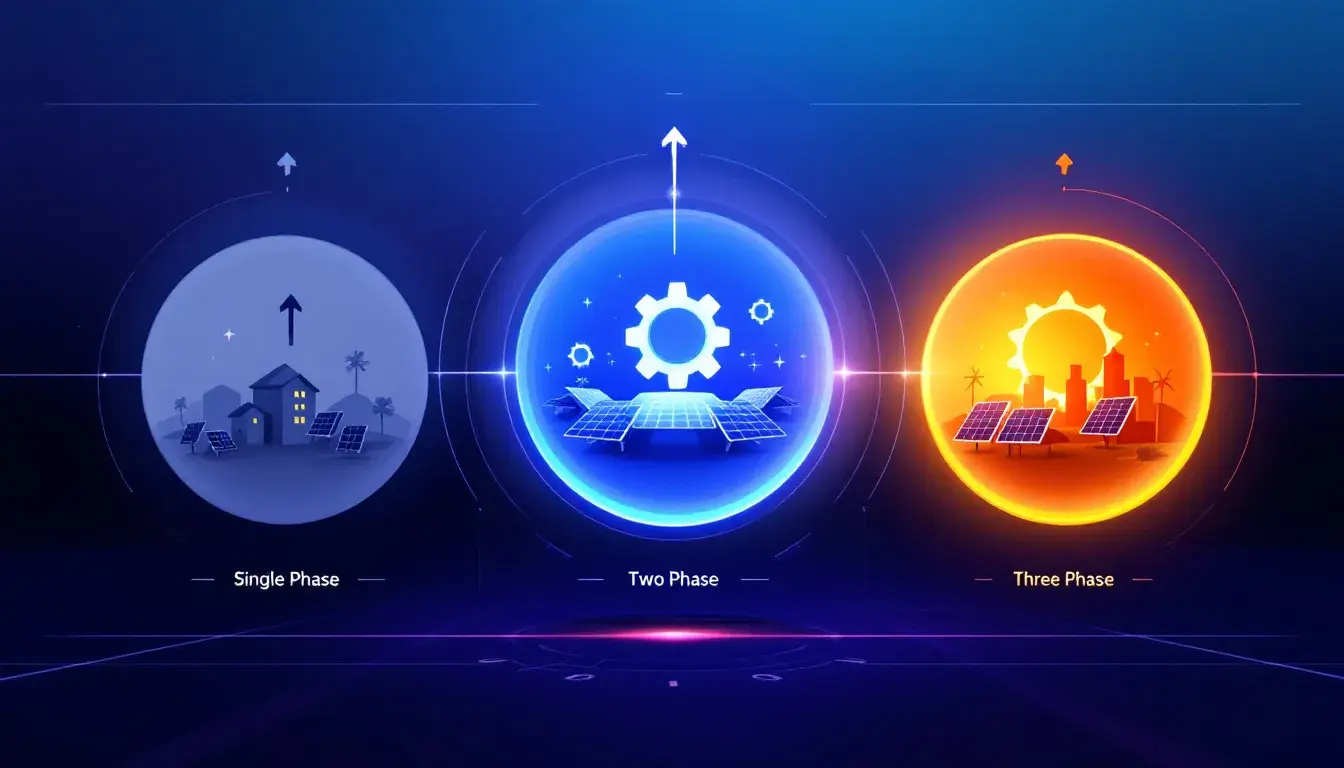Mechanical Vs. Digital Timer Switches in Application
Table of Contents
ToggleWhether you need to turn on and off various appliances, such as water fountains or pool pumps, a timer switch can help you save on your energy bills. There are many uses for time switches, including reducing the likelihood of burglary. Mechanical timers use dials and time switches to set the timing. In contrast, digital timers use electronic timers that require no manual input.
GEYA offers several models of digital timer switches, each with similar functions. Both the digital and the mechanical timer switches are available in both switch and plug-in modules. The differences are minor compared to their functions.
The mechanical timer is more bulky and able to handle more electric load. The latter is more aesthetic and small. The mechanical timer is also limited to 24 hours of operation, while the digital one is flexible enough to control up to seven days a week.
If you want to know more about mechanical vs. digital timer switches in the application, continue reading this article.
What Are Mechanical Time Switches?
If you’ve ever wondered what a mechanical time switch is, you aren’t alone. You can even choose a heavy-duty mechanical time switch that’s great for industrial, commercial, or residential use. Its heavy-duty design is ideal for loads up to 40 amps resistive to 125-volts and provides direct 24-hour time switch control of most loads. The timers all come with OFF/ON trippers and have a single-pole, single-throw, 40 amp, or 4000-watt capacity.
The circuitry in a mechanical time switch is similar to a small appliance. The incoming electrical cable is connected to a screw terminal on the switch, and the outgoing power cable connects to the LOAD terminals.
There are several uses for a time switch. It can help you save on electric bills by allowing you to turn equipment off or on at specific times of the day. These switches are also great for home security, reducing the risk of burglary in your home.
What Are Digital Timer Switches?
A digital timer is an electronic device that tracks time and initiates an action when a certain time has elapsed. There are different types of timers, some of which are programmable, and others are fixed.
Different models of timers offer different functions and weights. The types of timers include meter timers, delay-on timers, interval delay-timers, and more. Some timer meters are used to track the running time of factory machinery.
Digital time switches use programs to operate. The time can be set for different days of the week. Many of them allow you to set different times for different days of the week, and some even offer password-protected settings to prevent unauthorized use. A timer switch is a great tool for home security and can save you money on energy bills. It also helps keep your home safer, reducing the risk of burglary.
A digital timer can be a lifesaver for your home. They can help you save energy by switching off lights or industrial processes at specific times. They are commonly used in lighting, HVAC systems, pumps, and fans, among other things. But the most important feature of a digital timer is its ability to control a variety of tasks.
Mechanical Vs. Digital Timer Switches in Application
When it comes to selecting timer switches, there are many different types to consider. While most mechanical timer switches have a mechanical switch contact, they may also be programmed with digital time control. In this case, the switch contacts will be closed when the light is switched on, while digital timers use a digital time control. There are many advantages to each type, so be sure to compare them before making your final choice.
Mechanical timers are more reliable and durable but are bulkier than their digital counterparts. They can handle higher electrical loads and tend to be larger than digital timers. Digital timers, on the other hand, can be installed on the wall and are less noticeable. If you want to match your switch to your home’s decor, consider using a mechanical timer. The choice is up to you, depending on your budget, needs, and preferences.
Depending on your needs, a mechanical time switch can be useful for many purposes. Depending on the type, you can choose from a three or seven-day timer, a sunset mode, or a random mode. Some mechanical timers can even be used in homes to deter thieves while they’re on the road. There are many reasons to install a time switch in your home. You can save money on electricity and reduce your risk of burglary and break-ins.
For industrial applications, a digital timer has many advantages over its analog counterpart. Digital timers are programmable and provide a wider range of options. They have 24-hour or seven-day timers, which allow you to adjust the timing based on your needs. And digital timers can be password-protected for added security. A mechanical timer can save you money on electricity, while a digital one can be more convenient when you need to set a schedule for a specific task.
Both types of timer switches have their advantages and disadvantages. If you need a timer for a certain task, a mechanical one is a good choice. It’s simple to set and maintain, and it’s a very durable choice. In addition, a wall-mounted timer is cheap and easy to install. The duration of a wall-mounted timer switch is dependent on the model you choose.
Tel: +86-577-88671000
E-mail: ceo@tosun.com
Skype: tosunelectric
Wechat: +86-139 6881 9286
WhatsApp: +86-139 0587 7291
Address: Room No.1001 Wenzhou Fortune Center,Station Road, Wenzhou, China
REQUEST A QUOTE
WhatsApp us
 : +86-139 0587 7291
: +86-139 0587 7291 English
English Español
Español Русский
Русский Français
Français العربية
العربية Português do Brasil
Português do Brasil Українська
Українська Türkçe
Türkçe Polski
Polski Nederlands
Nederlands Italiano
Italiano Bahasa Indonesia
Bahasa Indonesia हिन्दी
हिन्दी اردو
اردو አማርኛ
አማርኛ Հայերեն
Հայերեն ไทย
ไทย Монгол
Монгол فارسی
فارسی Shqip
Shqip Ελληνικά
Ελληνικά


